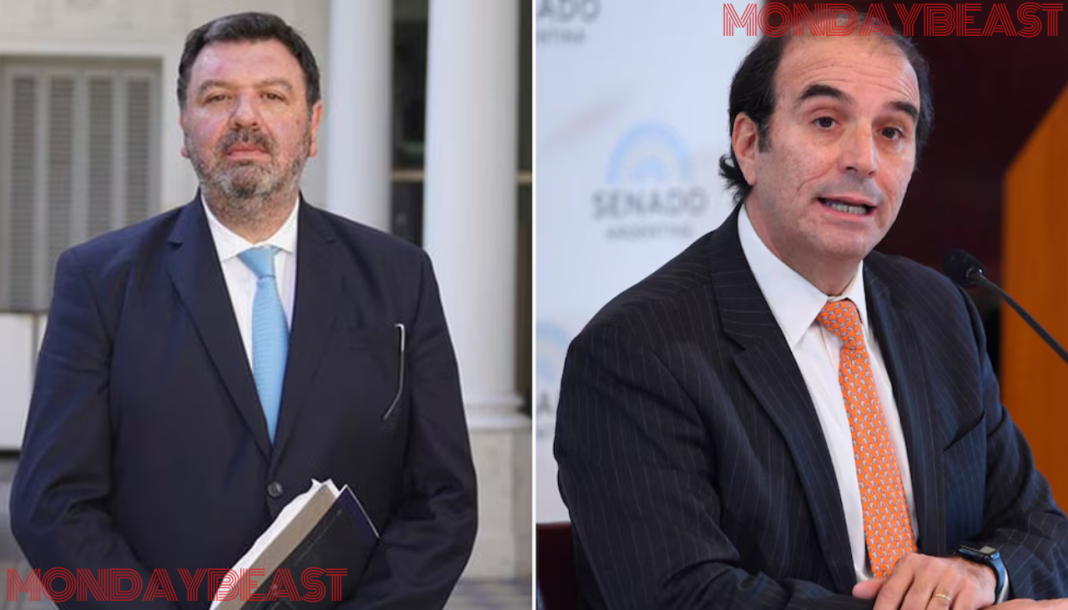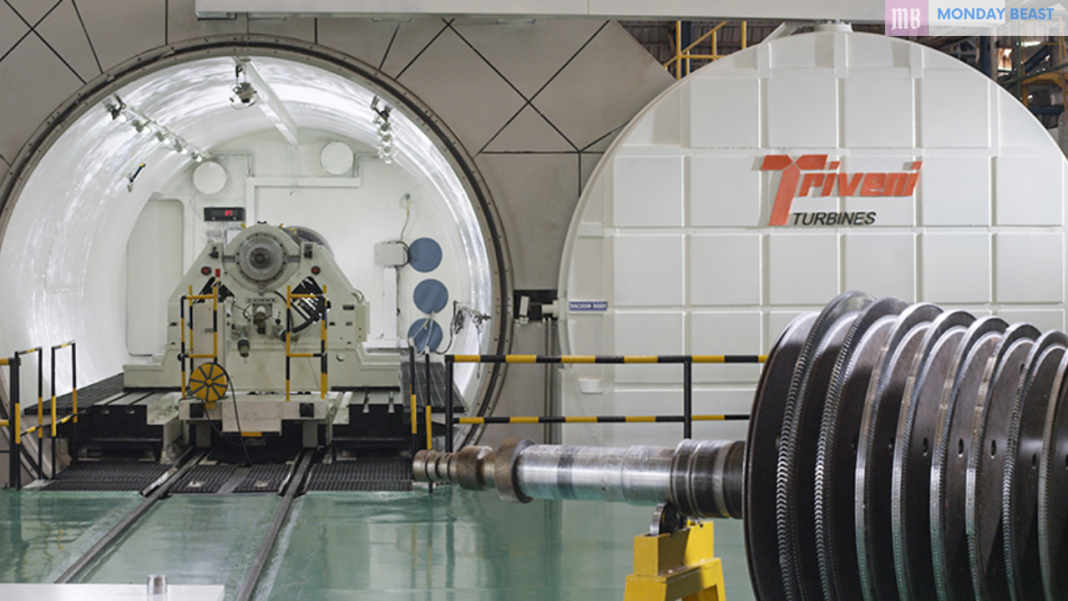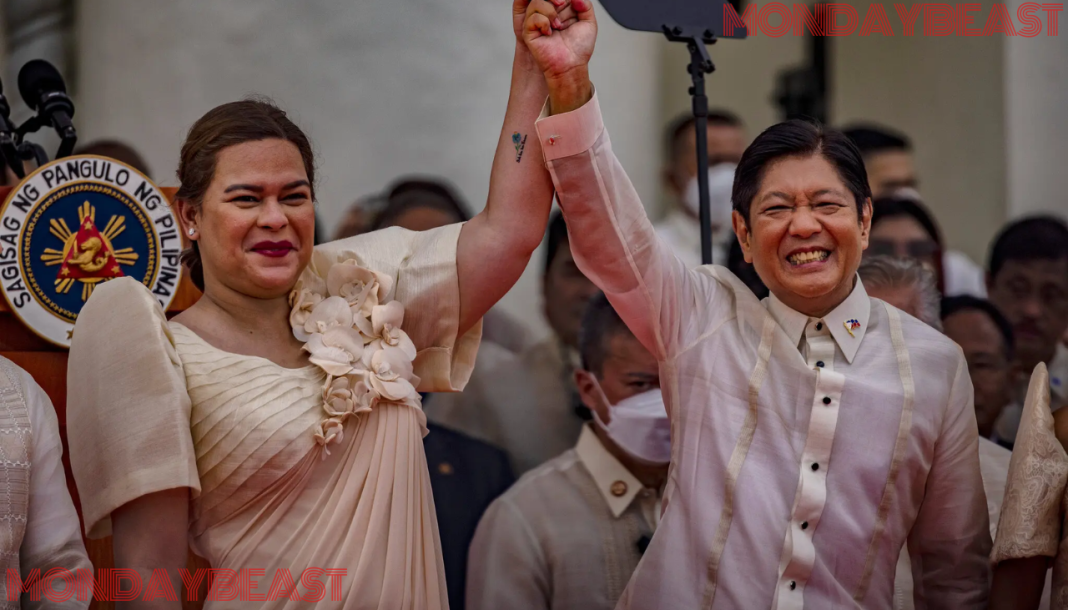Context of the Situation
Argentina’s government is at a crossroads. The Senate, traditionally the venue for judicial nominations, has stalled. The urgency for change is palpable. President Javier Milei’s administration may shift tactics, considering appointing justices via decree.
Current Administration Dynamics
Initially, the prospect of a decree felt far-fetched. After all, in 2017, former President Mauricio Macri faced a similar situation. He bypassed the Senate for key appointees. Now, the tables have turned. Lijo and García Mansilla find themselves in a politically charged environment.
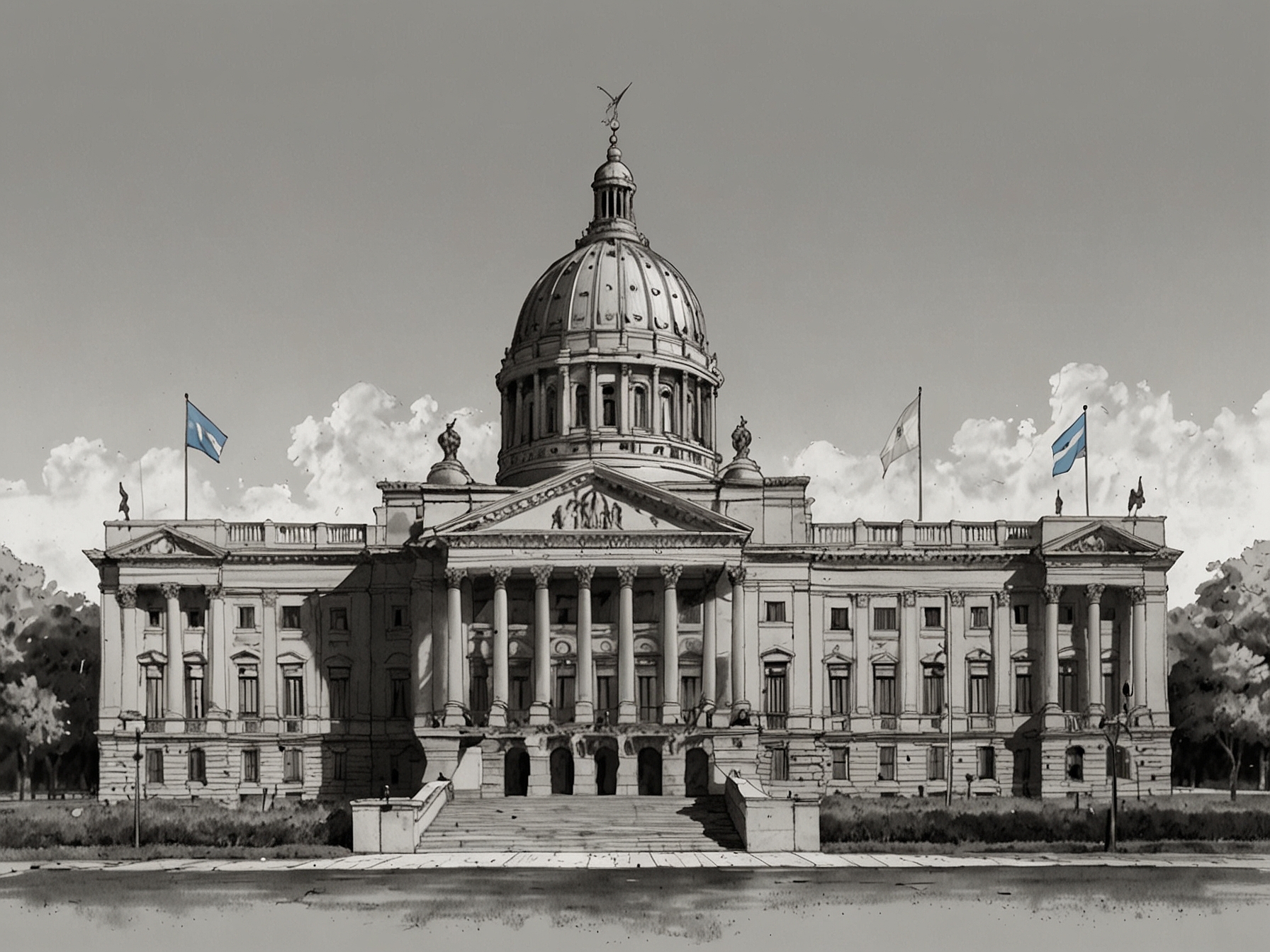
As negotiations continue, a troubling realization has emerged. The current nominations lack sufficient support. Milei needs signatures. Despite some backing from notable senators, gaps remain. Just one more signature would advance Lijo’s nomination. García Mansilla’s remains uncertain.
Potential Implications of a Decree
What happens if the President decides to pull the trigger? An emphasis on appointing justices via decree could upset the balance of the Court. Critics may view it as an overreach. Regaining Senate approval may feel like a distant dream.
Interestingly, the administration’s perspective has evolved. Just weeks ago, the Justice Ministry firmly dismissed the idea of a decree. Yet as pressure mounts, officials grow more open to this radical alternative. The landscape is shifting.
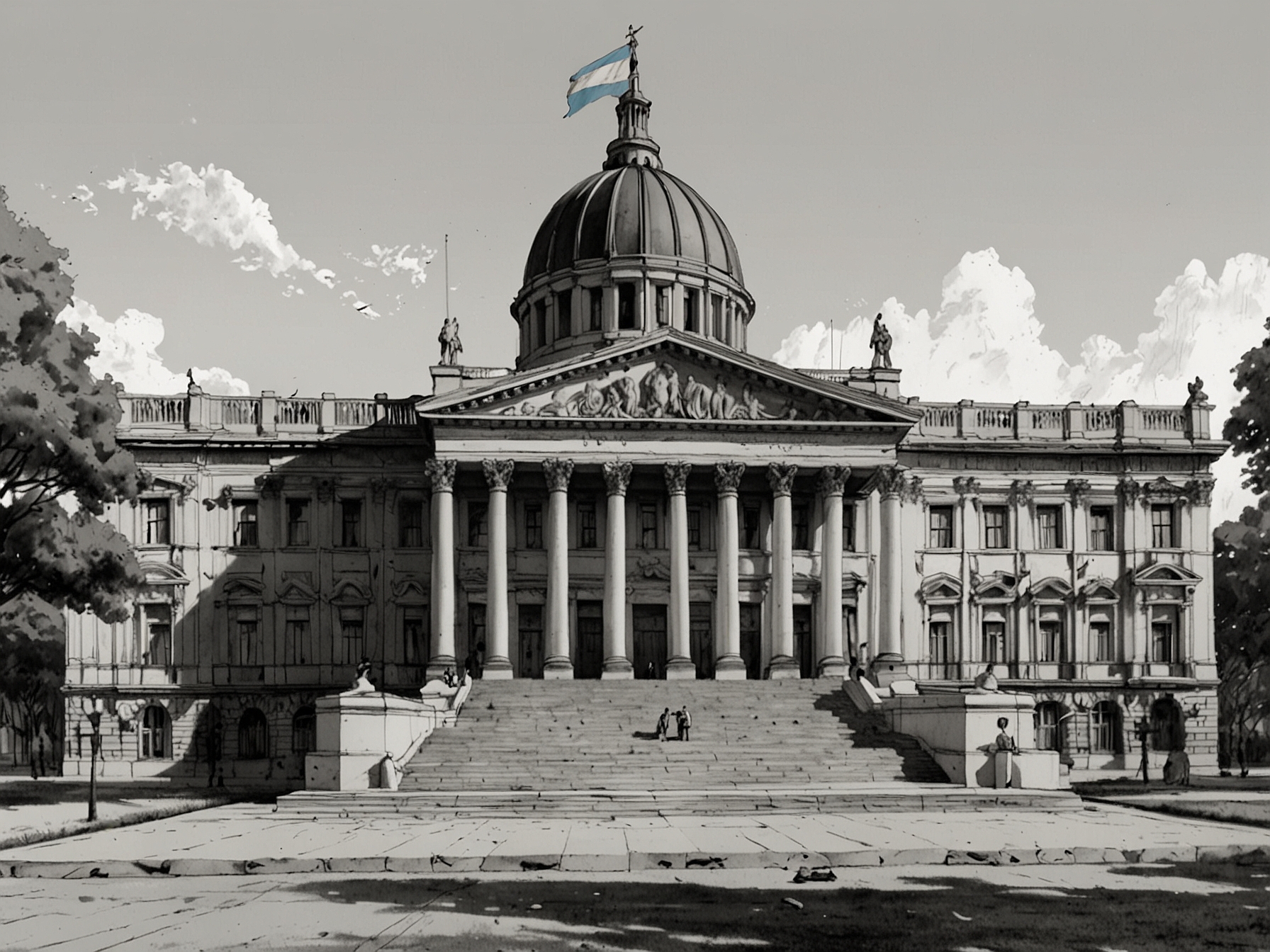
Citing historical context, officials explain their reluctance. Macri’s decision lacked the necessary transparency. In contrast, the Milei administration has submitted names. It waits, almost anxiously, for the Senate’s verdict.
Challenges Ahead for the Administration
With the legislative session drawing to a close, time is ticking. A failure to appoint new justices could have lasting repercussions. The Court, with aging members, risks being left with just three judges soon.
Juan Carlos Maqueda’s upcoming retirement could trigger procedural chaos. It’s not just about numbers; it’s about stability. A diminished Court would struggle to navigate complex legal waters, ultimately impacting governance.
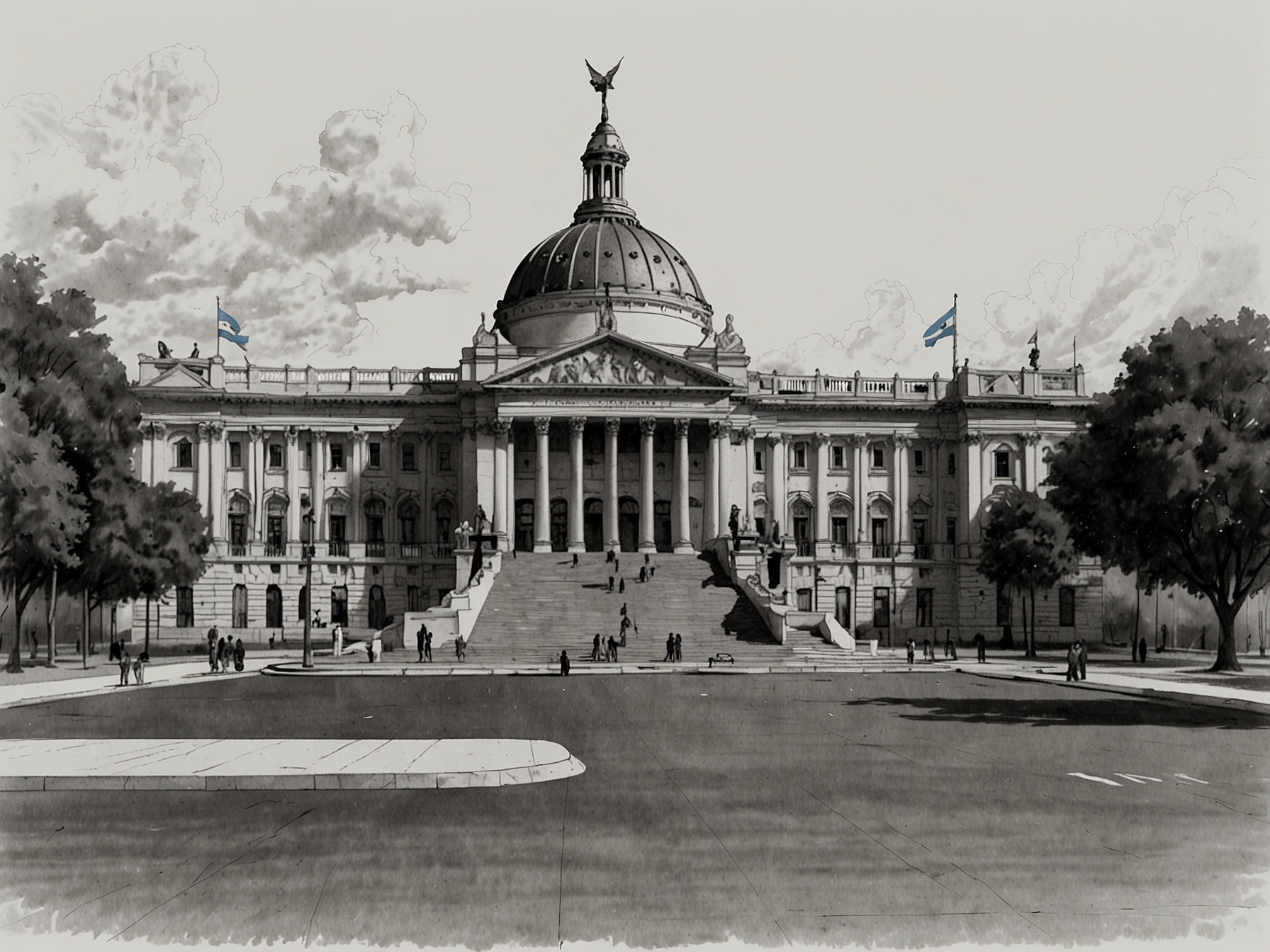
Is this what the administration envisions? Guillermo Francos, Chief of Cabinet, expresses concern. He emphasizes the need for a fully functioning Supreme Court. Government goals risk falling into disarray without essential leadership in the judiciary.
Judicial Balance and Fairness
Milei’s office has articulated a vision for judicial fairness. Both Lijo and García Mansilla were selected purposefully, reflecting this balance. Combining academic rigor and professional experience appears crucial.
If forced to choose between the two candidates, the administration may hesitate. What happens to their vision of balance? This question weighs heavily on decision-makers. They need to ensure that both candidates perform well together.
Should they fail to achieve their aspirations, other candidates may rise, taking their places in future discussions. Not every candidate is created equal. The wrong choice could undermine attempts at establishing a balanced court.
Political Nuances in Judicial Appointments
Political context adds layers to this judicial puzzle. Government officials have commented on reluctance for a decree. They continue to navigate the turbulent waters of Congressional politics.
However, the strategies haven’t plateaued. Determining the future of the Court means leveraging political ingenuity. The administration understands that collaboration is key, but conflict is inevitable.
In a perfect world, the government would procure support for its nominees smoothly. Navigating the intricate dynamics of concern among legislators isn’t straightforward. It makes debating qualifications feel like a game of chess.
A Reflection on the Path Forward
As Argentina grapples with judicial uncertainty, emotions run high. Important discussions echo in the corridors of power. Public confidence could hinge on how the government acts next.
It’s easy to feel lost in such a complicated dance of power and authority. Should the administration push forward with the decree, it risks backlash. But failing to act could result in long-lasting damage to the judicial system.
Ultimately, there may be no easy answers. For citizens, the stakes could not be higher. As they ponder these developments, they might wonder: What should a fair and just judicial system look like? How does the government ensure that balance reigns supreme? The path ahead remains fraught with uncertainty, but the need for action grows ever clearer.

